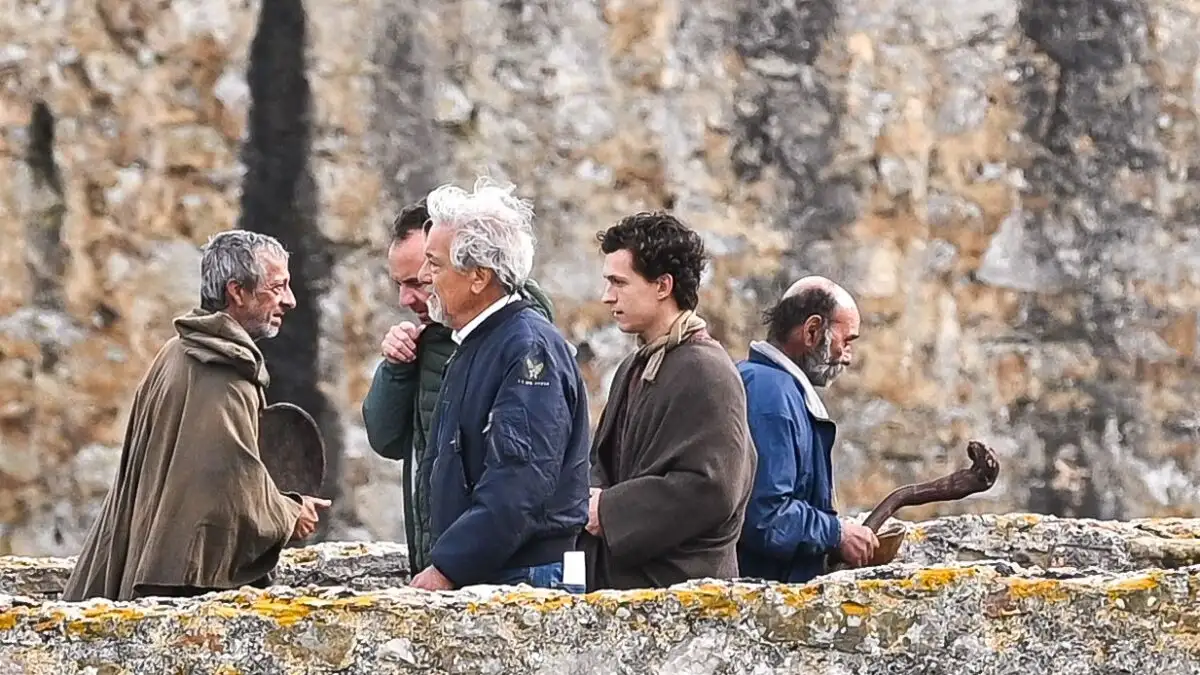An expansive beachfront estate with lavish pools can be found in Italy's Venetian Lagoon region. Its wealthy residents utilize the villa for oyster preservation and farm fishing.
This is the third excavation at “The Roman Villa of Lio Piccolo,” according to archaeologists with the Ca’ Foscari University of Venice. Ca’ Foscari University of Venice
At the very least, that is what you might have observed 1,900 years ago, before the lagoon engulfed the Roman Villa of Lio Piccolo and its buildings.
Archaeologists from the Ca' Foscari institution of Venice are currently investigating the house's underwater remains and its buildings. During their third campaign of digs, they recently unearthed a beautiful relic, the institution announced in a news release on July 24, 2023.
A photograph of the discovery reveals that the ancient oval-shaped agate gem is inscribed with a legendary figure that looks to be standing and holding something over its shoulder. The discovery, according to experts, supports their theory that the location was originally used by affluent Romans.
The agate gem indicates that the site was used by wealthy Romans thousands of years ago, experts from the university said. Ca’ Foscari University of Venice
Carlo Beltrame, a professor at the institution who is directing the study, said in the announcement that the discovery is very unique for a lagoon habitat.
Oyster Preservation in the Past
The university stated in a news release from March 2022 that previous excavations at the location uncovered ponds for aquaculture, including the preservation of oysters.
Ca’ Foscari University of Venice
Experts reported finding rectangular brick basins from the first and second centuries at the location. Oysters were a delicacy in the Roman culture, and it's possible that these were employed to preserve them before consumption.
Additionally, according to archaeologists, brick walkways, countless priceless fresco fragments, and sections of a black-and-white mosaic were discovered.
Less than ten kilometers separate Lio Piccolo from Venice.









